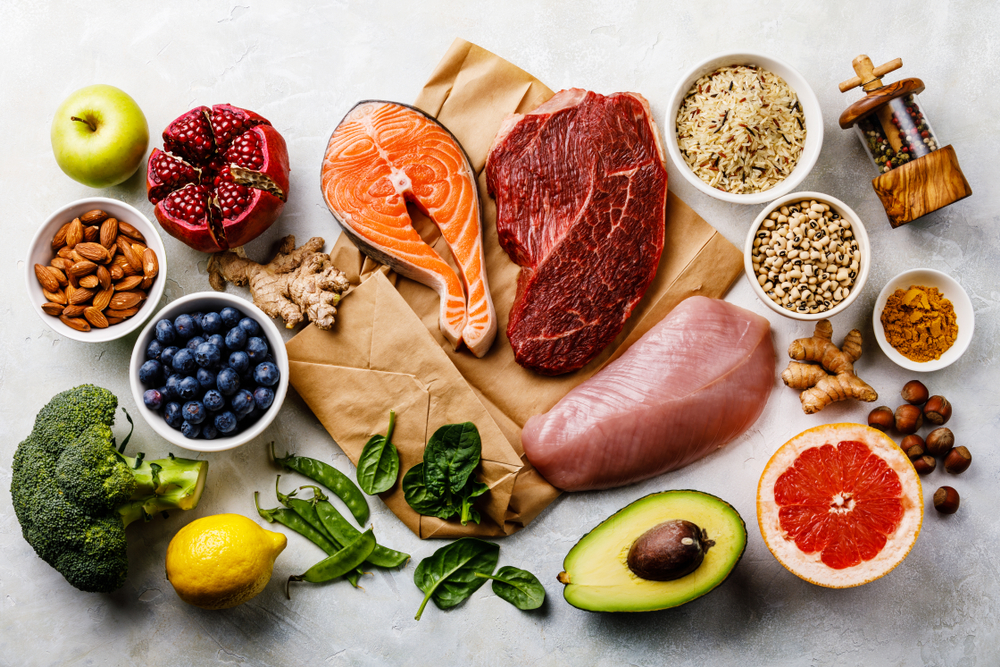
Cancer and weight loss
Cancers often cause involuntary weight loss, which can be made worse by the burden of treatments used against cancer. Depending on the underlying cancer type, between a third and 90% of cancer patients have weight loss at diagnosis,1-4 with bowel cancer patients amongst the worst affected. The amount of weight loss correlates with the stage of cancer, as well as the response to therapy.5
Cancers cause weight loss through loss of appetite, reduced portion size, a sensation of early fullness, hormonal changes and increased inflammation. This can manifest as general weight loss, poor skin condition, muscle wasting, and in the late stages, swelling most easily seen around the ankles and feet.
Those cancer patients with weight loss and malnutrition have been shown to have a worse response to surgery and chemoradiotherapy.6-8 It has also been shown that weight loss increases the length of hospital stay related to cancer treatments, re-admission to hospital, level of symptoms, and reduces the quality of life in cancer patients.9
‘Cancer cachexia’ is the medical term used for ongoing weight loss, even despite sufficient supply of nutrients. This leads to progressive weakness and reduced response to treatments. Recent understanding of this condition is leading to new ways of combating weight loss, helping to improve cancer treatment responses.
Effects of improving nutrition on cancer treatments
Cancer surgery
It has been known for a long time that those with significant malnutrition before cancer surgery have worse results,10 which is why the cancer team will pay special attention to a patient’s nutritional state. The patient’s nutritional state can be improved with dietetic advice, oral supplements and in some circumstances artificial nutrition.
Medical cancer treatments
Now evidence is showing that there are a number of ways of improving cancer patient survival by improving the effect of chemotherapy medication. This is through research into the use of specific nutrients, hormones and probiotics to improve tolerance of chemotherapy at desired doses and, for the full treatment course, avoiding incomplete treatment due to side effects.
One such nutrition supplement is the fish-oil derived EPA (eicosapentaenoic acid), which has been shown to increase muscle mass and additionally act as an anti-inflammatory agent in cancer patients, with better outcome observed in those patients with lower inflammation due to EPA supplementation.11
Muscle health
New evidence is also showing that weight is not the only factor to consider – the health of the muscle before/after surgery and during medical therapy additionally affects the treatment outcomes too.12,13 Resistance exercise has shown promising effects on reversing muscle wasting during chemotherapy, which in turn has been shown to improve quality of life for cancer patients.
Summary
Our understanding of the effects of cancer on the nutritional state of the body is evolving. We are developing treatments to counter these effects and use nutritional therapies to support existing anti-cancer treatment to achieve better survival and quality of life. Treatments can be tailored to patients’ needs, whether to simply increase weight, improve muscle health or improve tolerance of chemotherapy.
